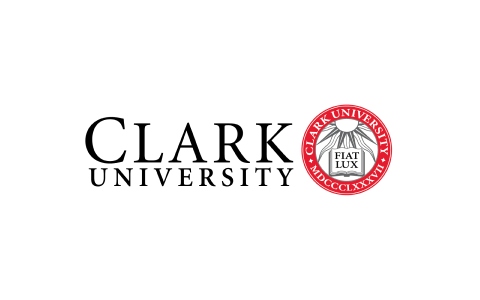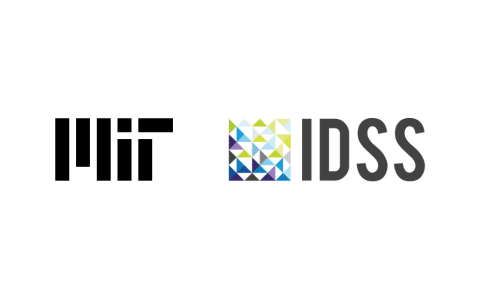Introduction to Kubernetes
Learn kubernetes from basics in this free online training kubernetes course is taught hands-on by experts. Learn what is a container and why do we use kubernetes in details with example. Best for beginners. Start now!

Ratings
Level
Learning hours

Learners
Skills you’ll Learn
About this course
Kubernetes, abbreviated as K8s, is a portable, extensible, open-source platform for managing contained workloads and services. It facilitates both declarative configuration and automation. It has a huge and rapidly growing ecosystem. Its services, support, and tools are widely available. Kubernetes docker supports container runtime. It is abbreviated as K8s because of the long gap between the letter “K” and letter “S”. Google open-sources this project in 2014. It combines Google’s over 15 years of experience running production workloads at scale with best-of-breed ideas and practices from the community. Kubernetes docker supports container runtime.
This Kubernetes tutorial course offered by Great Learning shall enrich subscribers’ knowledge on the basics of Kubernetes, speak about its uses, functions, and guides in installing the tool. Also, containers and their uses are explained in this course. You can also learn other Online Software Engineering Courses to enrich your knowledge.
Course Outline
What our learners enjoyed the most
Skill & tools
67% of learners found all the desired skills & tools
Frequently Asked Questions
What is Kubernetes?
Kubernetes, abbreviated as K8s, is a portable, extensible, open-source platform for managing contained workloads and services. It facilitates both declarative configuration and automation. It has a huge and rapidly growing ecosystem. Its services, support, and tools are widely available.
How Kubernetes Works?
Kubernetes keeps track of container applications that are deployed into the cloud. It also restarts old containers that are untouched for a long and shuts containers down when they are not being used. It also provisions resources like storage, CPU, and memory when needed and manages traffic.
How do I Learn Kubernetes with easy tutorials?
Kubernetes is a fairly difficult topic to get hold of. Great Learning aids an easy and better way to learn and understand Kubernetes for beginners. Implementation is as follows :
- Create a cluster.
- Deploy an app.
- Explore the app.
- Expose the app publicly.
- Scale the app.
- Update the app.
- Debug the container app.
What is Kubernetes example?
PHP guestbook deployment using Redis, MySQL, and WordPress with persistent volumes, Cassandra deployment using stateful sets are a few examples of Kubernetes.
Where is Kubernetes used?
Kubernetes hosts microservice-based implementations since it is associated with it. Its associated ecosystem of tools provides capabilities needed to address key concerns of any microservice architecture.






























